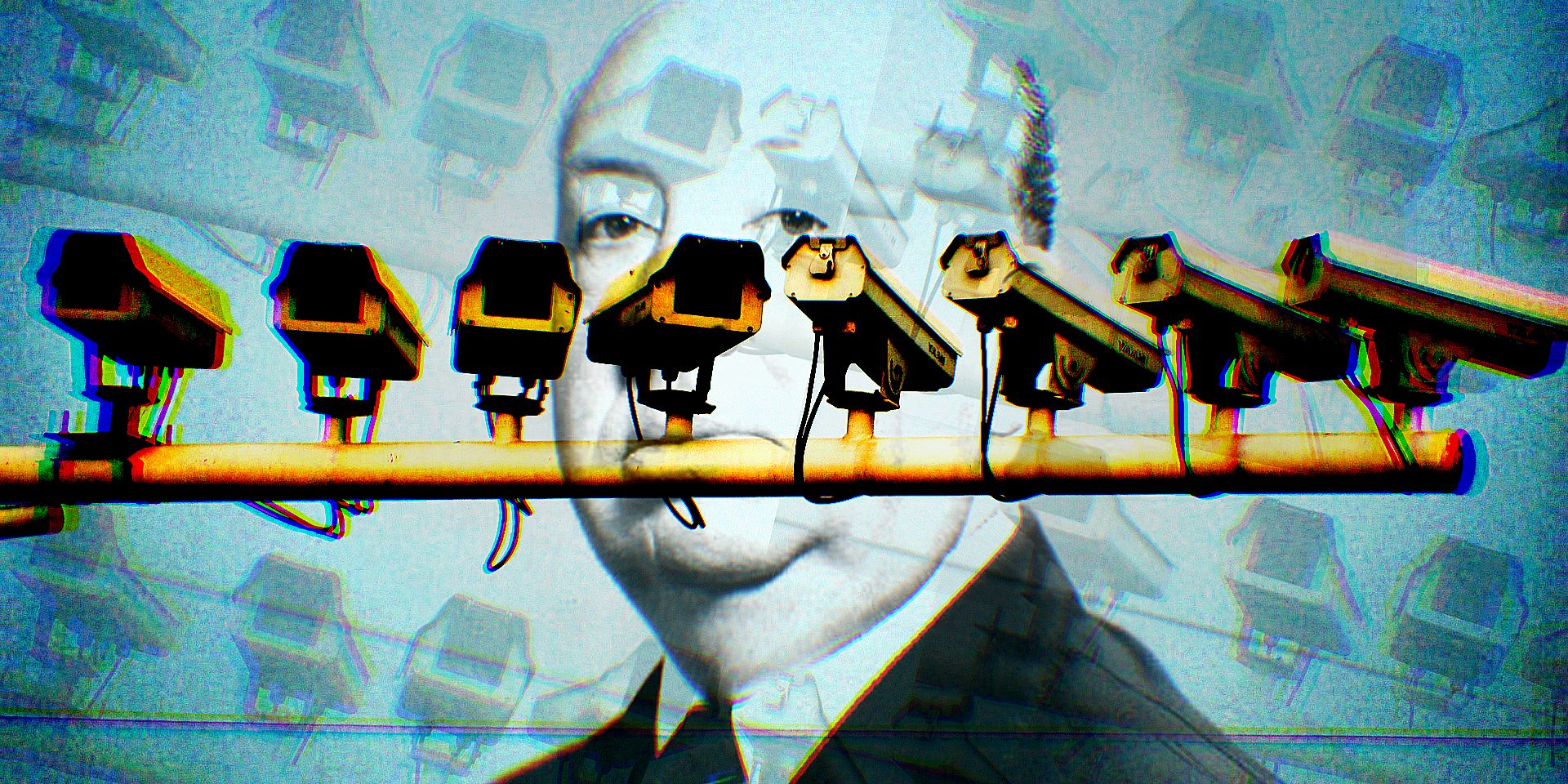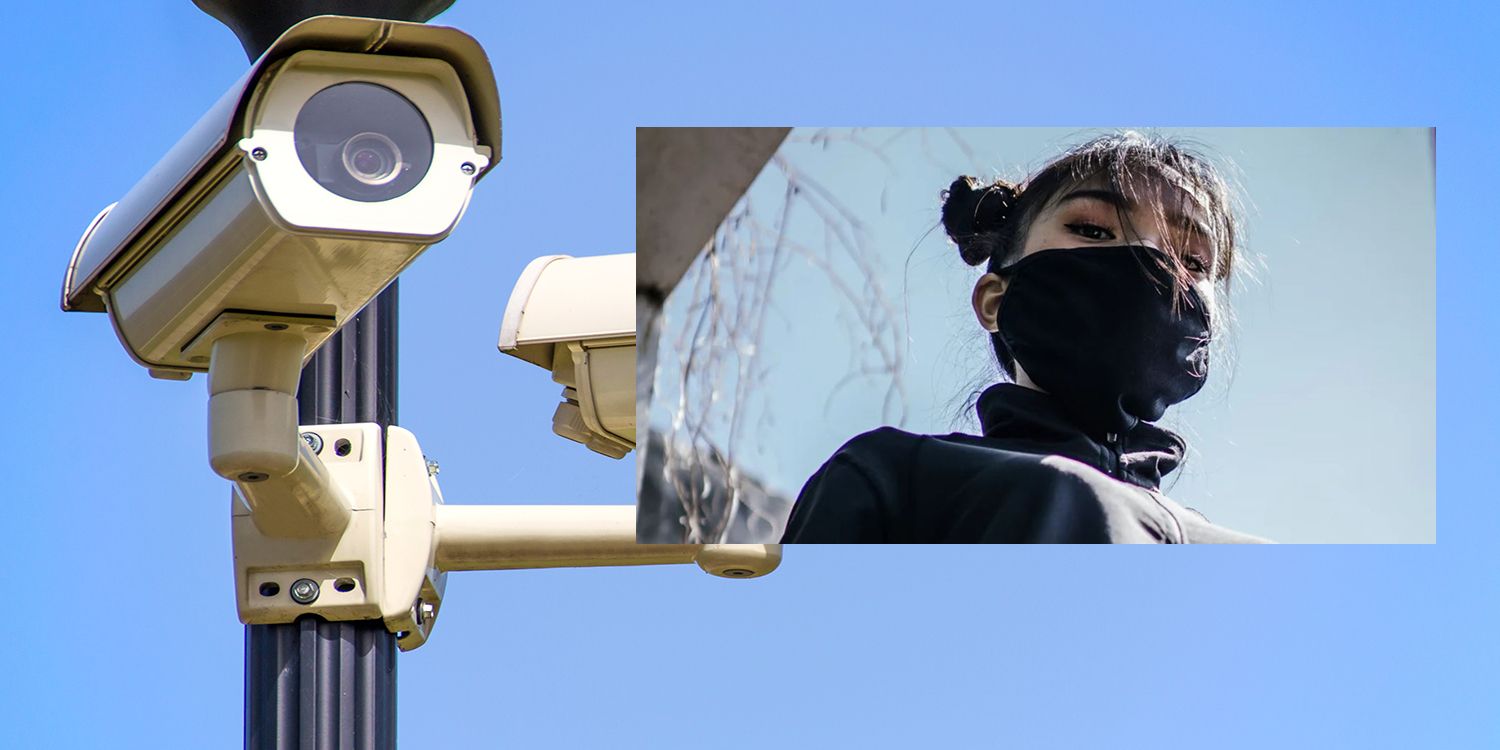
The City of Portland has passed a law banning the public and private use of facial recognition technology and it appears to have gone off without a hitch. The law is a first within the United States as other cities, such as San Francisco and Sacramento have only previously gone so far as to prevent public agencies from deploying the technology. The ban takes immediate effect in Portland for governmental actors while the implementation of the private ban is set to take place January 1, 2021.
The law comes in response to concerns regarding abuse of the technology as well as concerns about it contributing to discrimination. Chief among the concerns is the potential for facial recognition to be used to monitor and police protest activities. Meanwhile, key concerns regarding discrimination relate to the tech's lower level of accuracy in cases of women and people of color, leading some to suggest that facial recognition might lead to higher rates of misidentification and the arrest of innocent persons that are not white males.
CNN reports that the measure was passed with the unanimous support of Portland’s city council. Ordinary privacy concerns joined the array of justification for the application of the law beyond the public sphere and into private realms. While the law does regulate the private use of the technology, banning it within restaurants and other private spaces that are public accommodations, private individuals may still deploy it in their homes, on their property, etc.

Surveillance and evasive technologies to preserve privacy coevolve. The law is one means through which people are able to fight back against the relentless encroachment of technology, and those who wield it into our private spaces as well as to monitor movements and behavior as individuals necessarily traverse public areas between private rendezvous. Other awesome means that people have devised include hairstyles that disrupt the technology’s ability to reliably detect faces, fashion accessories that perform similar feats, and, in extreme cases, getting a new face entirely, literally and as if one were in a spy thriller.
It will be interesting to see what legal challenges might emerge from the private sector to defend their rights to watch you omnipresently with facial recognition on top. Thus far the ACLU has come to the aid of those seeking to protect themselves from facial recognition. Protecting privacy equals protecting autonomy within an increasingly interconnected world. The power to surveil and to punish, to discipline, to nudge, whatever someone wants to call it, only grows stronger as individuals become more known to the controllers.
Source: CNN
from ScreenRant - Feed https://ift.tt/3ijAORT





No comments: